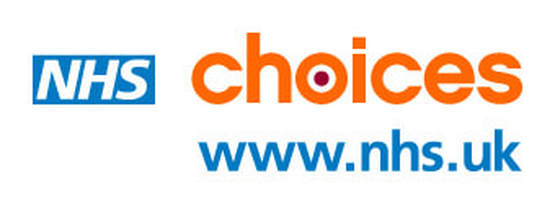NHS Eye ExaminationsHere at G R Hardwick, we are more than happy to see patients privately or through the NHS where applicable. Adults and children are normally advised to have a sight test every two years. However, in some circumstances, our optometrists may recommend more frequent NHS sight tests.
If you are concerned about your sight before your next NHS sight test is due, you can ask for an earlier sight test. If our optometrists agree that you need an earlier sight test for clinical reasons, you will not have to pay for your NHS sight test. If you want a sight test more often than they consider clinically necessary, you will have to pay for a private sight test. You qualify for a free NHS funded sight test if you are:
People named on an NHS certificate for partial help with health costs (HC3) may also get help. An NHS-funded mobile sight test is where an optometrist comes to visit you in your own home or at a day centre. If you are eligible for an NHS-funded sight test you may also be entitled to a mobile sight test. If you meet one of the criteria listed below then you may have your sight test at
|
NHS SpectaclesWe accept NHS Spectacle (GOS3) and Hospital (HESP) vouchers towards the cost of spectacles. Generally, the cost of basic single vision and bifocal lenses are completely covered by the voucher value, but if you have extra's such as thinner lenses, photochromic lenses or progressive lenses, there may be an additional cost.
For children we have a wide range of frames that we provide free of charge and we will always use either specially surfaced plastic, or lighter and tougher polycarbonate lenses at no additional cost. This ensures that the spectacles are safe and comfortable for the child wearing them. You may get help with the cost of glasses or contact lenses if you are:
If you are named on an NHS certificate for partial help with health costs (HC3), you may also get help towards the cost of your glasses. If you’re entitled to an NHS optical voucher, you can take it with your prescription to any supplier and use it towards the cost of your glasses or contact lenses. Children under 16 and people who are registered blind or partially sighted can only have their glasses or contact lenses dispensed by or under the supervision of a registered medical practitioner, registered optometrist or registered dispensing optician. The value of your voucher will depend on the strength of your prescription: the more complex or stronger your prescription, the higher the value of the voucher that you will be entitled to. A member of staff can explain how much your NHS optical voucher is worth. If your glasses or contact lenses cost more than your voucher value, you will have to pay the difference. |
